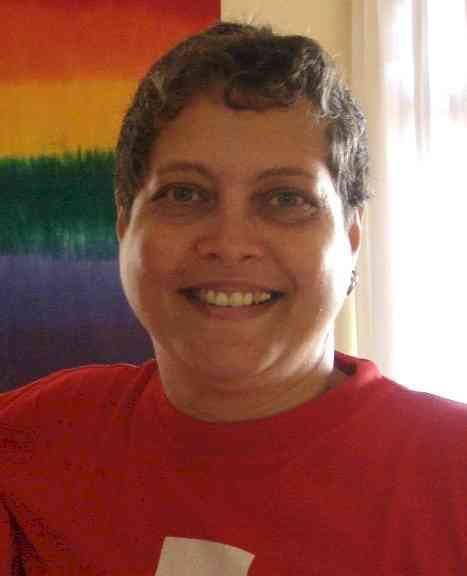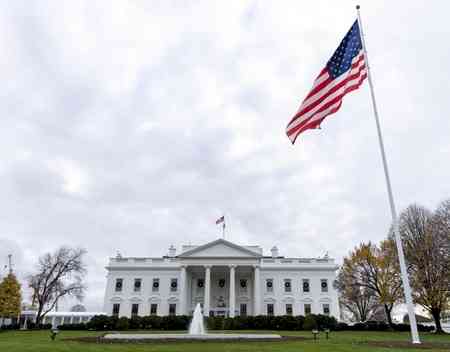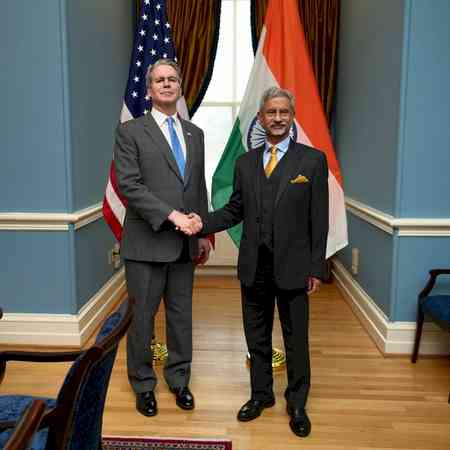UN rights body condemns criminalising lesbian relations in SL
In a major ruling against Sri Lanka's colonial law against same-sex relationships, the United Nations human rights body has ruled that criminalising consensual, lesbian relations is a human rights violation.

Colombo, March 24 (IANS) In a major ruling against Sri Lanka's colonial law against same-sex relationships, the United Nations human rights body has ruled that criminalising consensual, lesbian relations is a human rights violation.
On a petition filed by a Sri Lankan female, the UN's Convention on the Elimination of All Forms of Discrimination Against Women (CEDAW) has held that criminalisation of lesbian and bisexual women violates the Convention and demanded to repeal the law.
The UN decision came following an eight-year-long battle by Rosanna Flamer-Caldera, an LGBTIQ and women's rights activist.
The CEDAW committee termed Section 365-A of Sri Lanka's Penal Code of 1883 (amended in 1995), which criminalises same sex relations between consenting adults, as discrimination against women in Sri Lanka, which violates lesbian and bisexual women's right to non-discrimination under Article 2 (a) and (d)-(g) of the Convention.
Sections 365 and 365-A of Sri Lanka's Penal Code are based on 139-year-old British law, which state that "carnal intercourse against the order of nature" and "acts of gross indecency" are criminal offences punishable by the law, carrying a sentence of up to 10 years. The Sections are used against the lesbian, gay, bisexual, transgender, intersex, and queer (LGBTIQ) community in Sri Lanka.
"It has been a long journey getting here, but I am satisfied with the ruling and happy that the years of hard work in this case have become successful," said Rosanna, who has been fighting for LGBTIQ rights for the past 22 years with her organisation EQUAL GROUND.
While urging the government to decriminalise same-sex sexual relations, the CEDAW committee has also asked Sri Lanka to take measures to protect women against gender-based violence by adopting comprehensive legislation against discrimination against the LGBTIQ community.
The UN body has also called on Sri Lankan government to ensure that victims of gender-based violence have access to effective civil and criminal remedies and protection, including counselling, health services and financial services, addressing workplace discrimination against LGBTIQ community, and providing sensitisation training to the law enforcement agencies.
"The Sri Lankan government has ratified CEDAW, and this is therefore further encouragement for them to repeal these discriminatory laws and free us from the stigma and violence caused by criminalisation," Rosanna, who herself had been a victim of violence, said.
"This sends a strong message to Sri Lanka's policymakers, as well as the international community, that ensuring the rights of all citizens is of foremost priority," she added.



 IANS
IANS 










